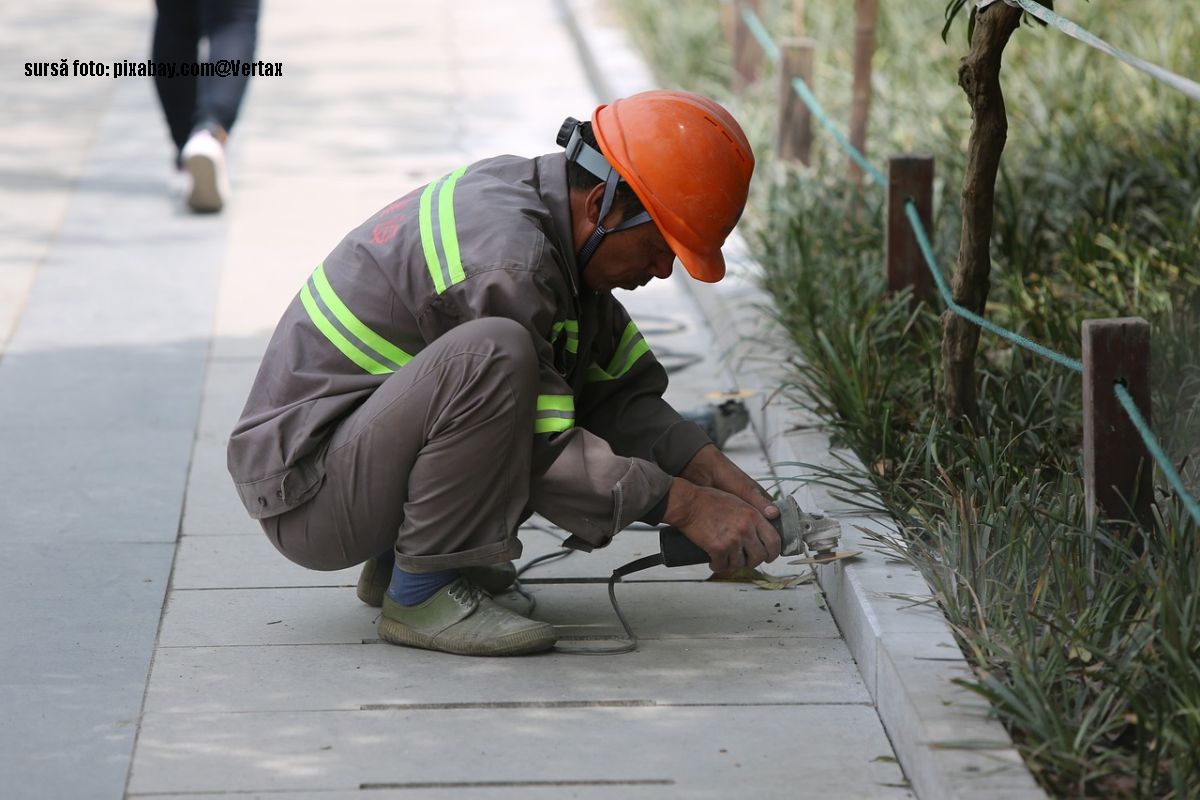Educational Theater: an Alternative to Social Programs
'Replika' Educational Theater Center in Bucharest carries out activities that combine theater aesthetics and community intervention.

Christine Leșcu, 29.06.2016, 13:26
You can find the Replika Educational Theater Center to the side of a major Bucharest boulevard going south, sharing an inner courtyard with a school. In the courtyard and outside on the sidewalk, children and youth of all ages are lining up for a free theater show held in an unadorned space, a show about their daily problems. This is the first social educational theater in Bucharest, and it was set up in February 2015 by five people: Mihaela Mihailov, a theater critic and playwright, director Radu Apostol, Katia Pascariu – actress with the State Jewish Theater, alongside Viorel Cojanu and Mihaela Radescu – actors with the Little Theater.
Mihaela Radescu told us that the idea of staging theater plays on social and educational themes is much older than this collaboration:
“The first show was Family Offline. Mihaela Mihailov and Radu Apostol worked on it for a year and a half, and part of it was speaking to schoolchildren in Bucharest. We went on tour across the country with this show, and the topic is a delicate one: parents leaving home to work abroad and the children left behind. Then came Confessions of a Dog, about animal rights, then Childrens Rights Theater, which later became About Rights, written by Mihaela Mihailov”.
Then followed shows on school themes, such as Bad Children, and Memories of the School Era, theater plays on themes such as bullying, harassment and violence in school. This subject matter was inspired by the daily experiences of regular people, and this is an essential feature of educational theater for the Replika team, as actress Katia Pascariu told us:
“The educational component does not have a strict link to school. By the educational component we understand that the audience can be of any age, and the way we go about presenting our subject is already an educational component. The aesthetic side is less important than the message. The educational component refers to the audience we want to attract, the areas they come from, the research for the show, what comes before the show. Educational theater is definitely aimed at the young audience.”
As the subject matter has to do with young people and their everyday problems, this theater belongs to the community, according to actress Mihaela Radescu. The text is created as topics are discovered, through research and by talking to people. The entire team of writers, actors and directors is involved in uncovering topics. Here is Katia Pascariu:
“We have topics picked from various areas: the media, real cases, discussions with young people who come to the workshops we organize. Topics come from the areas of interest to us, the members of the team. At a certain point, we start selecting from among these things, and see what can make for a good show, beyond our personal curiosity.”
The social plays staged by the Replika theater are relevant both for urban and rural environments. The environments, ambiance and community are very important for the team. One example is the neighborhood where the team has its offices. Here is Katia Pascariu again:
“The people in the neighborhood are starting to discover us bit by bit, and we are trying to stick to the project and cover an area that does not have its own artistic space. We are trying to reach the people in the neighborhood, first and foremost. It is an interesting area, close to downtown, but with the air of a periphery. It is a formerly industrial area, very crowded, which is now full of apartment buildings. Some people are stunned by this theater. For many it is their first experience with theater plays. They are delighted by the fact that we are treating topics from everyday life, which they recognize, so they have an immediate reaction, a living, direct reaction, and for us the instant feedback they provide is very important.”
As they have partnerships with schools, and being an educational theater, the audience is made up mostly of kids. However, the team wants to expand their audience:
“We want to create partnerships and bring closer people from adoption agencies and old folks homes. For instance, we dedicated our show last year, Our Daily Hunger, to the elderly. We are trying to be consistent and bring out regularly shows dedicated to this vulnerable social category, to encourage it.”
Vulnerable categories were also the target of a show involving actress Katia Pascariu. It is a play called “Mashkar”, part of a larger project by the same name, a project targeted at the Roma and even the non-Roma people from Teleorman county, in the south. Here is Katia Pascariu once again:
“The project involved a research side, and in the end we managed to come up with a show, an unexpected show, the fruit of one year of research. Teleorman reflects many of Romanias problems: depopulated towns, wealth gaps, discrimination, school segregation, etc. However, the specificity of the area is granted by the Roma communities that have lived here for a very long time, which are diverse and well integrated in the rural environment. We, the team, realized that that it is very hard for us to speak from a point of view that is alien to us. We also realized that the majority group has a big problem, because the problem is people who apply discrimination. We tried to put on a show about how we can get rid of discrimination, we, the people who discriminate, assuming a superior attitude from the start.”
“Mashkar” in the Romani language means “in between”, describing how the Replika theater places itself in between pure theater aesthetics and community intervention.






























